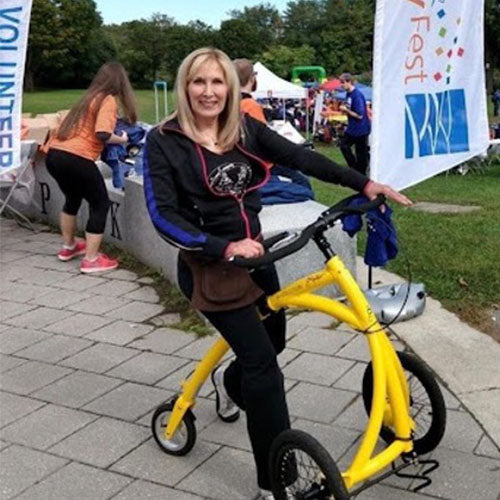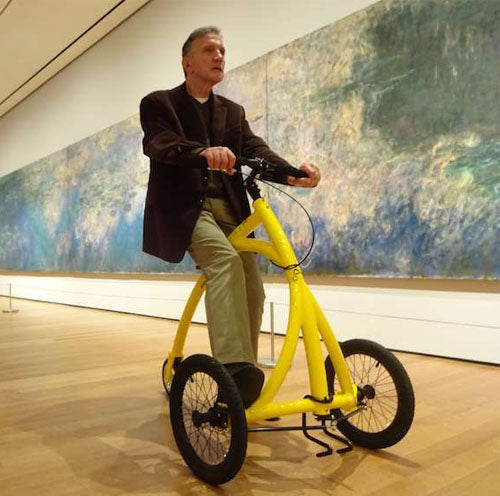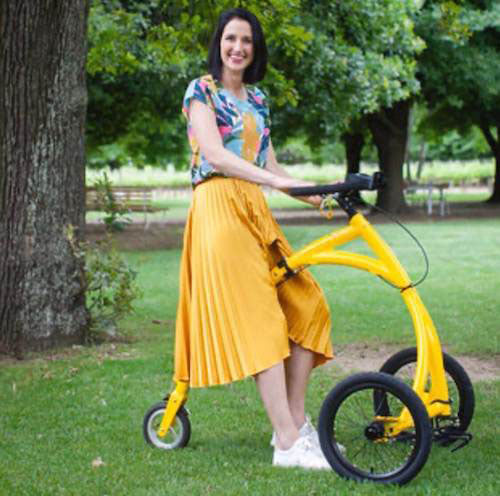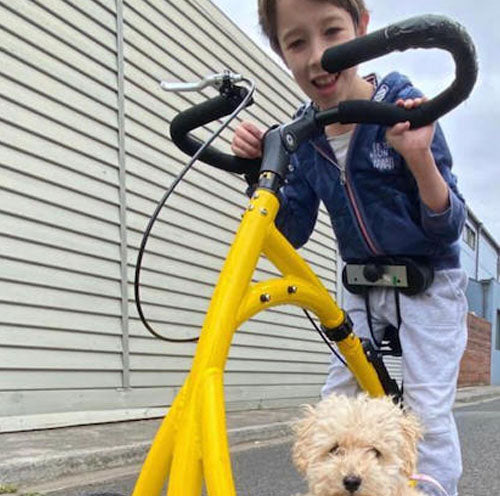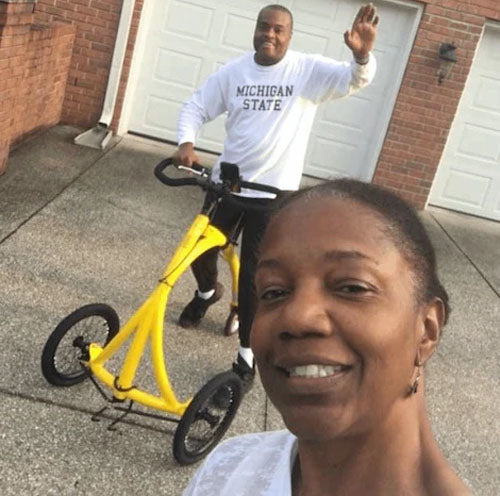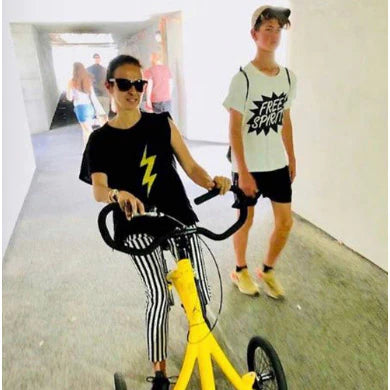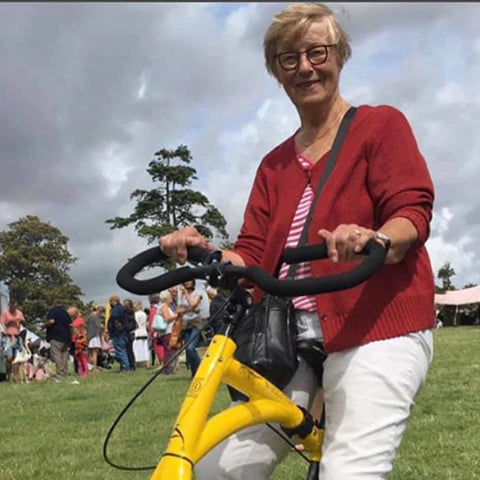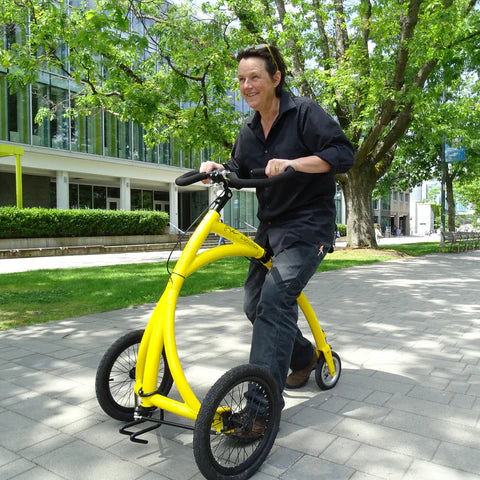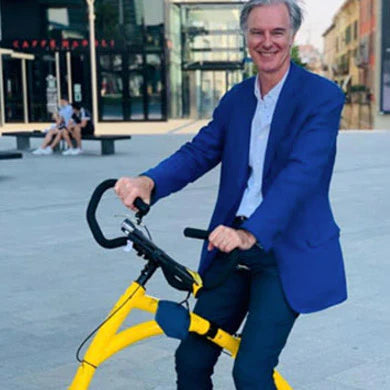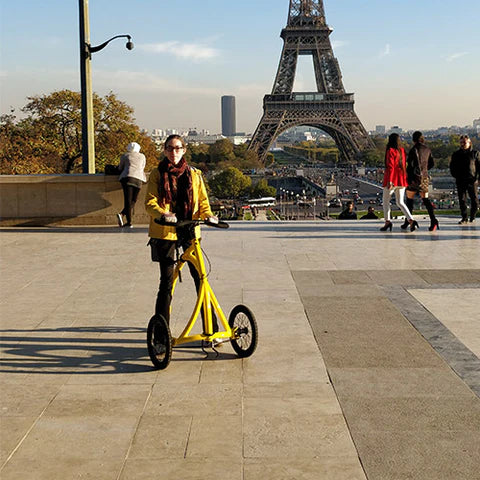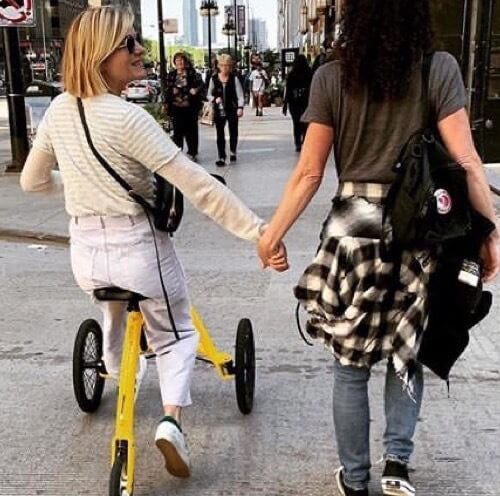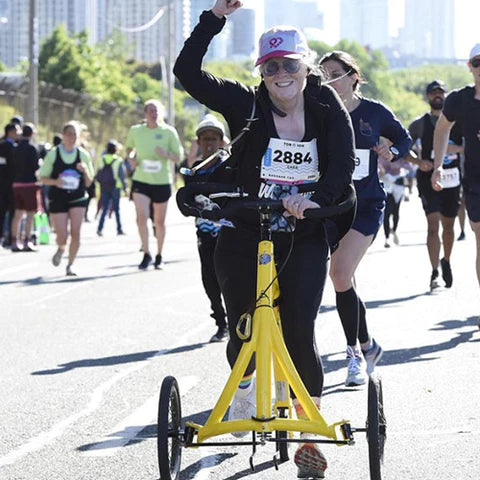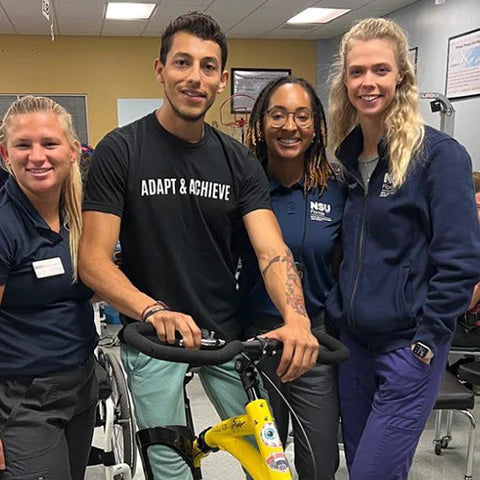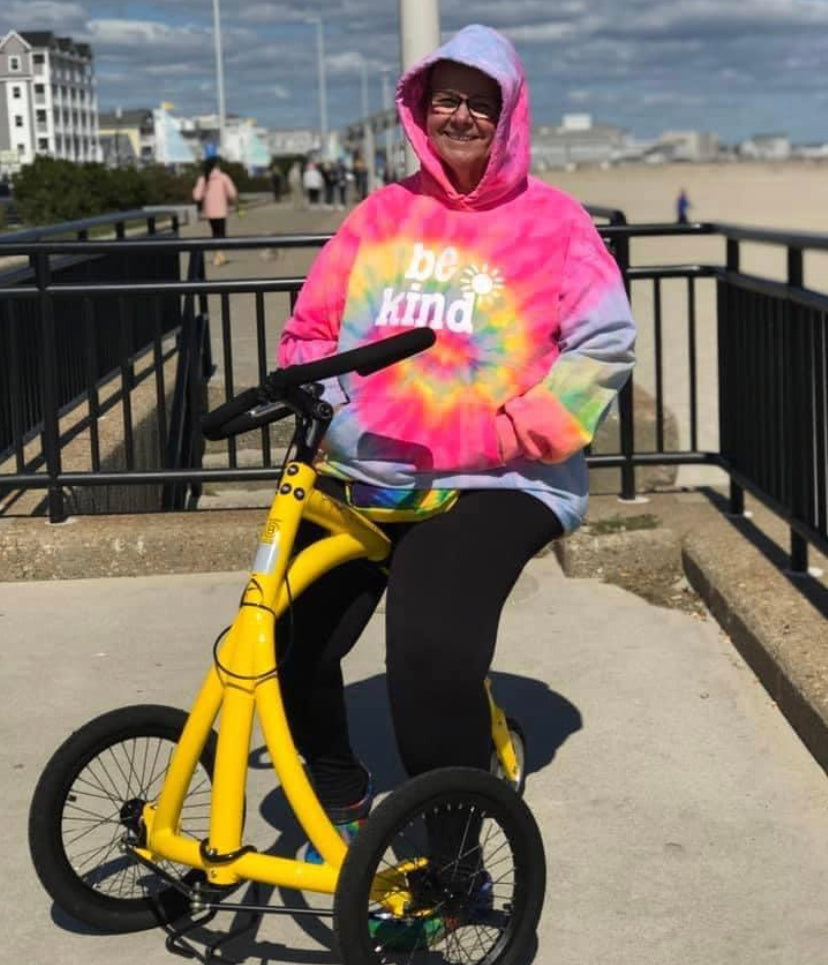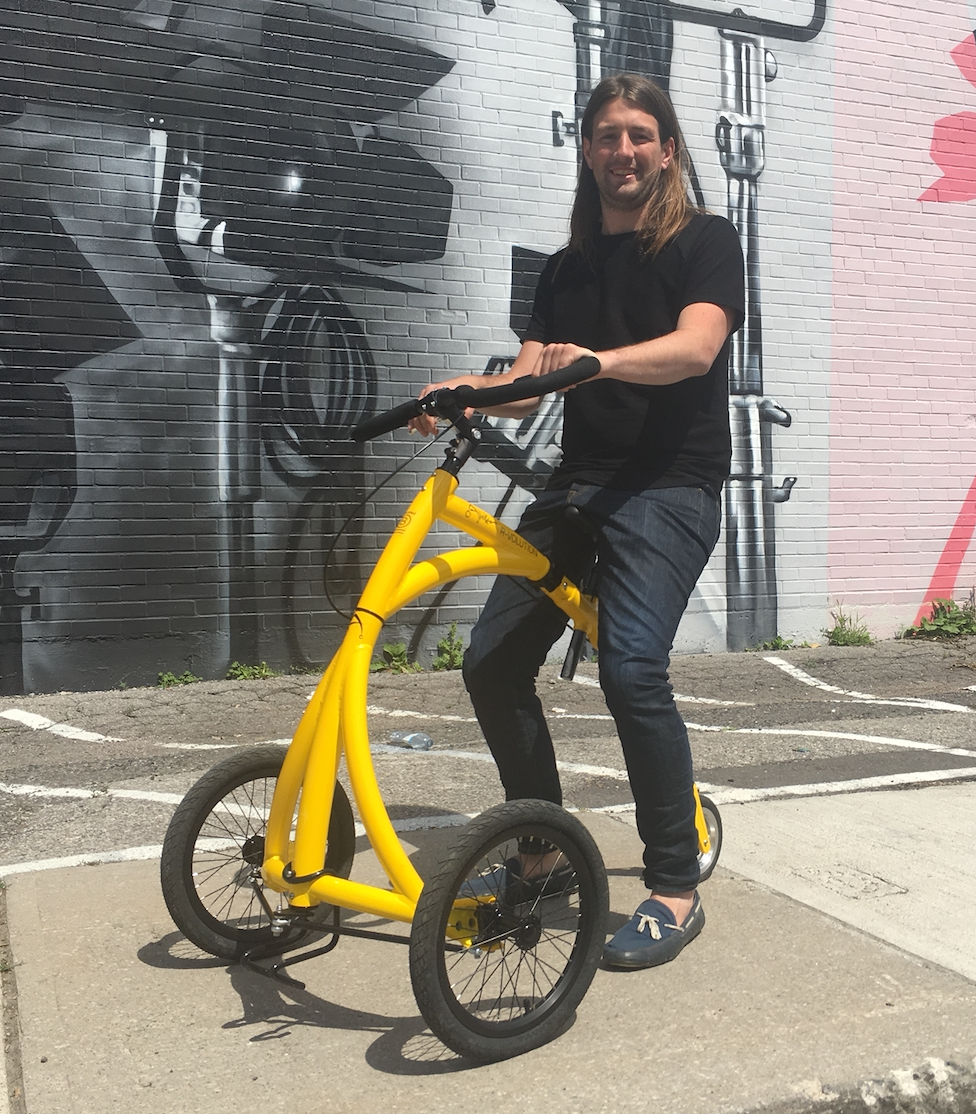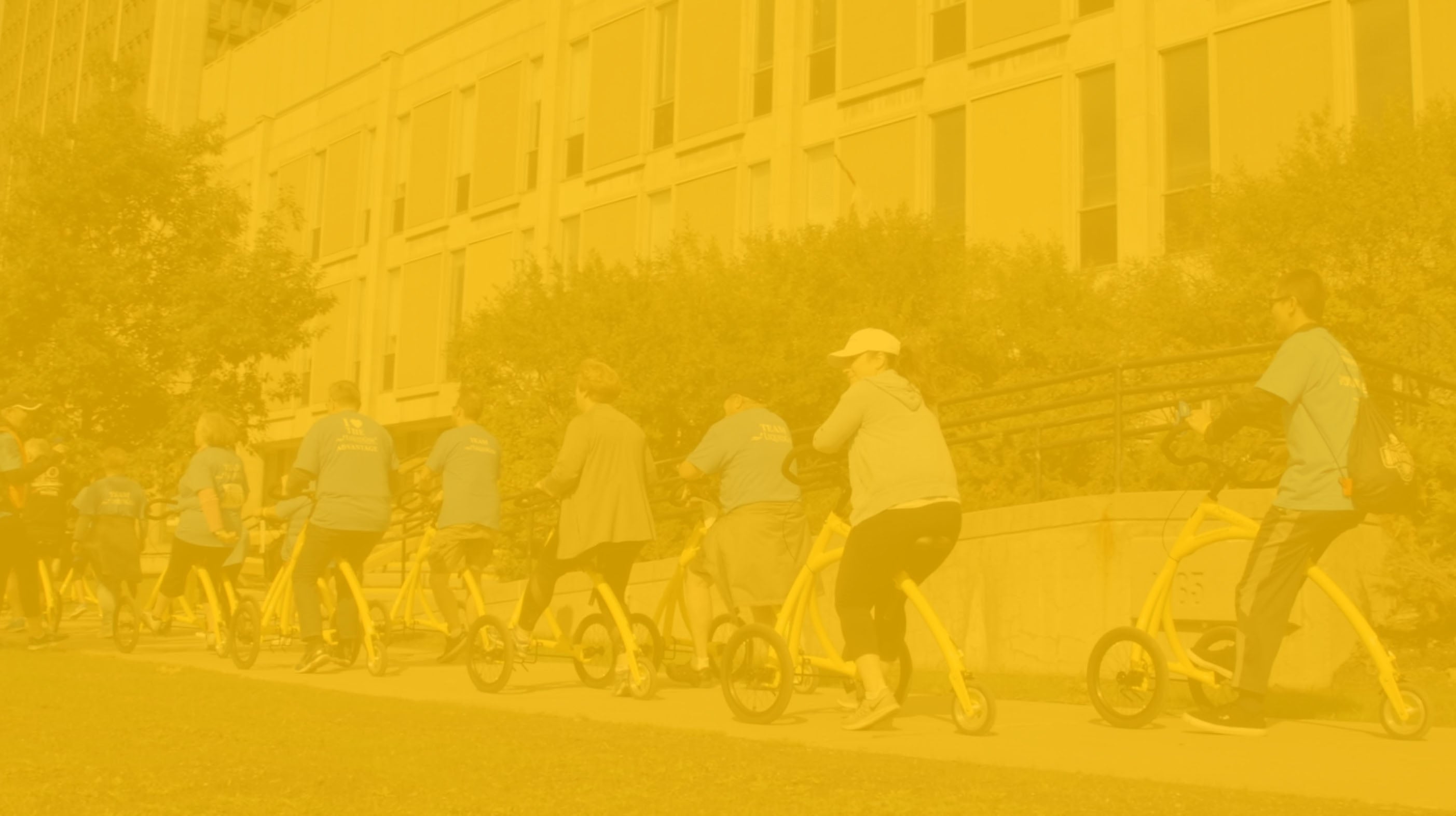
Talking to people with disabilities should not be any different than talking to people without disabilities. Disability does not define a person, it is a part of their life. And furthermore, an estimated 15% of the world's population (approximately 1.1 billion people) identify as living with some sort of disability. In the US, that figure jumps to 1 in 4 people. One would think we, as society, would know how to discuss the subject comfortably.
Unfortunately, stigma, fear, and lack of awareness around disability has a resulted in a culture where many people are just unsure how to approach the subject of disability, and do not know how to comfortably talk to someone who is visibly disabled.
So we asked a few members of our community, who are primarily wheelchair and walking bike users, to identify a few things they appreciate, or do not appreciate, when interacting with the public.
Here's what they had to say:
1. Don’t look at us with pity. The last thing we want is pity, we just want to be acknowledged as human.
2. Do enter into conversation with us to see what our specific needs are, what language we prefer, etc. People are open to talking if you ask politely!
3. Don’t ask our caregivers/friends what our needs or issues are. Say, if we're in a restaurant, don't ask our friends what we'd like to order.
4. Do speak directly to us. Include us in the conversation, make eye contact! Just because we use a mobility aid, it doesn't mean we don't want to be part of the group.
5. Please don’t call us “brave” or gush about how “inspirational” we are. We’re just humans navigating life a little differently.
6. Do let your children speak to us. Children are curious and their questions come from a place of innocence. They should be taught that it’s okay to talk to people with disabilities and ask questions.
7. "Don’t tell me not to go too fast in my wheelchair, in case I get a ticket. I know you think this is a funny joke, but listen, it just isn’t."
8. Do continue inviting us to events and hangouts, even if we can’t always show up.
9. Re: the last post. Please do consider the accessibility situation of the events you invite us to. It’s great to be invited, but it’s less fun if we show up and can’t get past the front stairs.
10. Do not (and we repeat, do not) pat us on the head because we're sitting in a wheelchair. We are not dogs.
11. If you see us struggling, do politely ask if we need assistance. A friendly offer is always welcome! But if we say we’re good, please don’t insist!
12. Also, and very importantly, don't treat people with disabilities as though they're "the other." The population of people living with a disability is the largest minority population in the world, and anyone can join at any time. We all have a body we need to manage, just some people need to manage theirs a little differently.
13. So do check yourself. Analyze your assumptions, your discomfort level, and ask yourself, where does it come from? What am I scared of? Why don't I know how to talk to this person? And then work on unlearning those assumptions.
14. Finally, do smile at us. Make eye contact, acknowledge our humanity. Picture yourself in the body of the person you're talking to and think, how would I want to be treated?
_______________________________
Do you have anything to add from your own experiences? Share it in the comments, or email hilary@thealinker.com

